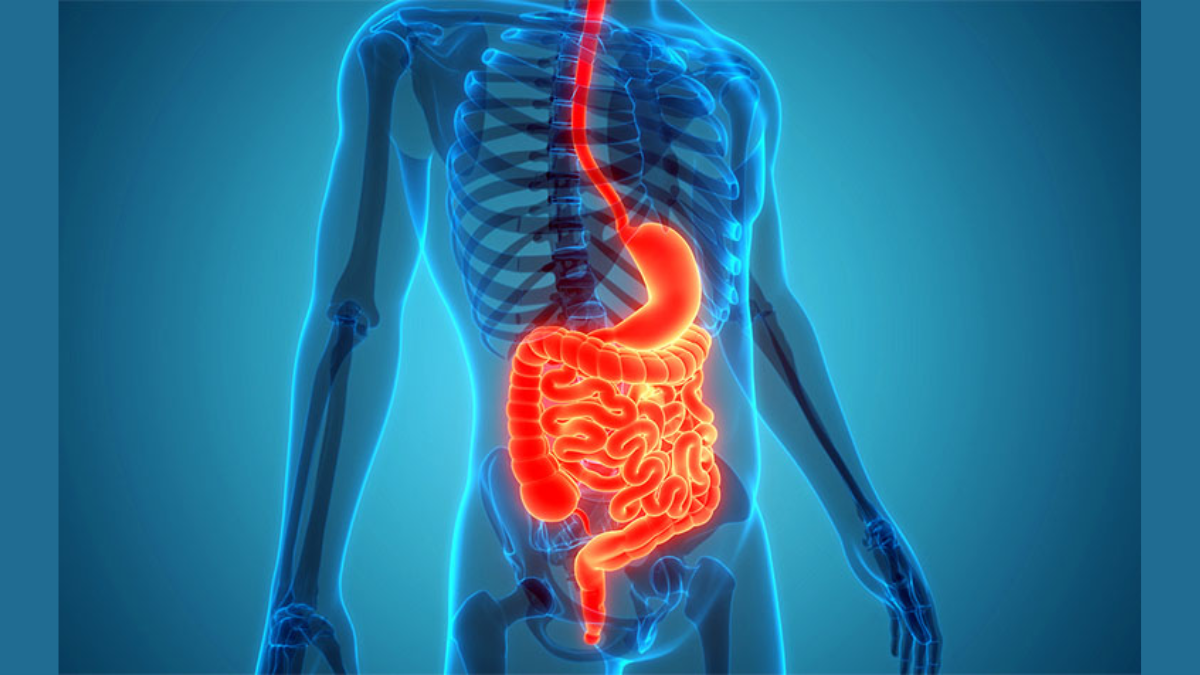
Gut health is the cornerstone of overall well-being, yet it often goes overlooked until issues like bloating, constipation, or diarrhoea start to interfere with daily life. According to Dr Saurabh Sethi, a leading gastroenterologist, the root of many digestive problems lies in what we put on our plates. In a recent post, Dr Sethi shed light on the worst offenders for gut health—foods that may seem harmless but can wreak havoc on your digestive system over time. Here’s a breakdown of his expert insights and what you can do to maintain a happier, healthier gut.
Table of Content:-
Why Gut Health Matters
The gut is more than just a digestion hub—it's home to trillions of microbes that affect everything from your immune system to your mood. Disrupting this balance with poor dietary choices can lead to inflammation, gastrointestinal discomfort, and even chronic illness. To keep your digestive system functioning optimally, it's important to avoid certain foods that negatively impact the gut environment.
View this post on Instagram
Processed Meats: The Hidden Gut Saboteur
When it comes to overall gut health, ultra-processed meats like sausages, hot dogs, and deli slices top the “avoid” list. Dr Sethi warns that these meats are often loaded with preservatives, sodium, and unhealthy fats. Over time, they can contribute to chronic gut inflammation and disturb the delicate balance of gut flora. If you're craving protein, opt for grilled chicken, lentils, or plant-based options instead.
Also Read: Beat Fatty Liver: Nutritionist Recommends Top 5 Foods To Detox And Melt Liver Fat Naturally
White Bread: A Constipation Culprit
Constipation isn’t just uncomfortable—it can also lead to bloating and sluggishness. White bread, made from refined flour and lacking in fiber, is a common trigger. Without adequate fiber, digestion slows, making it harder to pass stool. Dr Sethi recommends switching to whole grains like oats, brown rice, or whole wheat bread, which add the necessary bulk to keep your digestive tract moving.

Carbonated Drinks: The Gas Machines
If you find yourself feeling puffy and uncomfortable after a meal, carbonated beverages could be to blame. Soda, sparkling water, and fizzy drinks trap gas in your digestive system, leading to bloating and distension. To quench your thirst without the side effects, stick to still water or herbal teas like peppermint or ginger, which actually aid digestion.
Also Read: The Secret To A Flat Stomach? A Gastroenterologist's Number 1 Tip For Bloating Relief
Greasy Fried Foods: Fuel for Diarrhoea
Fried foods might be delicious, but your gut doesn’t agree. Items like chips, fried chicken, and fast food are hard to digest and often cause stomach irritation. These foods can accelerate gut motility, leading to diarrhoea. Instead, try baking or air frying your meals to retain flavour without the digestive backlash.

Refined Sugar: Sweet But Inflammatory
Pastries, candies, and sugary drinks may offer a moment of joy but come at the cost of gut inflammation. Refined sugar feeds harmful gut bacteria, which can lead to imbalances and digestive issues. Over time, it contributes to systemic inflammation. Reduce your sugar intake and satisfy your sweet tooth with natural options like fruit, dates, or honey in moderation.
Spicy Foods: Triggers for Acid Reflux
Love spicy curries and hot sauces? Your gut might not. Spicy foods can weaken the lower oesophageal sphincter, allowing acid to flow back into the oesophagus, causing that familiar burning sensation known as acid reflux. If you’re prone to this issue, it might be time to tone down the heat in your meals and opt for gentler seasonings.

Artificial Sweeteners: Not So Sweet for Your Microbiome
Marketed as a “healthier” alternative to sugar, artificial sweeteners like aspartame and sucralose can actually damage your gut microbiome. Dr Sethi highlights that these sweeteners disrupt microbial diversity, which is essential for proper digestion and immunity. Natural alternatives such as stevia or monk fruit are better choices, but moderation is still key.
Bottomline
Your digestive system is a finely tuned machine that thrives on balance. While occasional indulgences are fine, consistently consuming gut-damaging foods can lead to chronic issues. Listen to your body, make smarter food choices, and consult a healthcare provider if you experience persistent digestive symptoms.
With just a few dietary adjustments, you can support your gut health and, by extension, your overall well-being. Remember, gut health isn't just about avoiding discomfort—it's a foundation for feeling your best every day.
Also watch this video
How we keep this article up to date:
We work with experts and keep a close eye on the latest in health and wellness. Whenever there is a new research or helpful information, we update our articles with accurate and useful advice.
Current Version